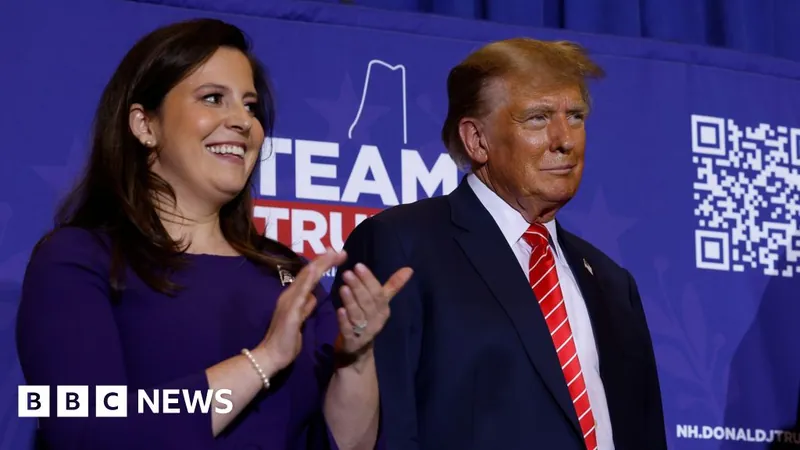
Trump 2.0: What His Staffing Decisions Reveal About His Second Term Agenda
2024-11-13
Author: Sophie
Trump 2.0: What His Staffing Decisions Reveal About His Second Term Agenda
A Firm Stance on Immigration
One of the most striking aspects of Trump’s appointments is the emphasis on a hardline immigration approach. Stephen Miller, a long-time advisor and architect of some of Trump’s most stringent immigration measures during his first term, will take on the role of deputy chief of staff for policy. His influence suggests aggressive plans for mass deportations and a significant reduction in both legal and undocumented immigration.
Thomas Homan, who previously served as the acting director of the Immigration and Customs Enforcement Agency (ICE), has been appointed as Trump’s 'immigration czar.' Homan's past support for separating families at the border raises concerns about the potential human cost of Trump’s deportation efforts, which could be astronomically expensive—estimated to exceed $300 billion according to critics. Yet, in a recent interview, Trump brushed off budgetary concerns, emphasizing the necessity of removing dangerous individuals from the country.
Tough Stance Against China
On the foreign policy front, Trump's team is loaded with strong critics of China, who believe the nation poses a significant threat to US dominance. Trump has appointed Florida Congressman Mike Waltz, a retired Army Colonel who has openly declared that the U.S. is in a 'cold war' with China, as his national security advisor. Waltz has also championed a U.S. boycott of the 2022 Beijing Winter Olympics.
Another crucial appointment is Congresswoman Elise Stefanik as the U.S. ambassador to the United Nations. She has accused China of meddling in U.S. elections, reinforcing the administration’s tough rhetoric. Though Trump has not yet announced his selection for Secretary of State, Florida Senator Marco Rubio, a known critic of China, appears to be a leading candidate. This sets the stage for a continuation—if not an escalation—of the confrontational policies towards China established during Trump’s first term.
Influence of Tech Moguls
Among the unusual partnerships forming within the administration is the inclusion of tech billionaire Elon Musk, who is reportedly taking an active role in advising Trump on efficiency within the government. Musk is working alongside entrepreneur Vivek Ramaswamy to identify budget cuts, a move reflecting Trump's inclination to streamline operations while retaining significant control over government functions.
Musk's engagement is not surprising given his previous political contributions to Trump’s campaigns and his promise to continue supporting Republican candidates for the upcoming elections.
Presidential Power Over Legislative Collaboration
As the situation unfolds, Trump seems to prefer leveraging his executive power rather than seeking collaboration with Congress, despite the Republicans holding the Senate and possibly gaining control of the House. His recent calls for enhancing presidential recess appointments signal an intent to bypass the legislative body on key nominations, thus strengthening the executive branch of his administration.
While this may allow for immediate action on policies—particularly in immigration enforcement—Trump's strategy could risk future legislative support by stripping congressional seats of Republican members.
Loyalty Elevated in Appointments
Unlike his initial term, which relied heavily on establishment figures, Trump’s current appointments are markedly loyal to him. South Dakota Governor Kristi Noem has been appointed as the homeland security secretary, while Fox News personality Pete Hegseth takes the helm as defense secretary. Both have been staunch supporters of Trump, highlighting his shift to promote loyalty over political experience.
However, the balance of loyalty and governance could be tested as Trump navigates the complexities of another administration, raising questions about whether he will repeat past mistakes or innovate in response to evolving political landscapes.
Conclusion
As Trump's second term begins to take shape, the combination of a firm stance on immigration, a confrontational approach to China, and a reliance on loyalists in key positions will significantly impact his administration's trajectory. Only time will reveal how these appointments translate into policy and how they will resonate with the American electorate.

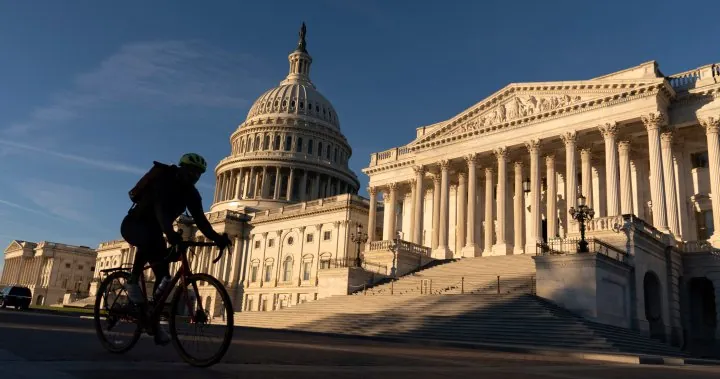

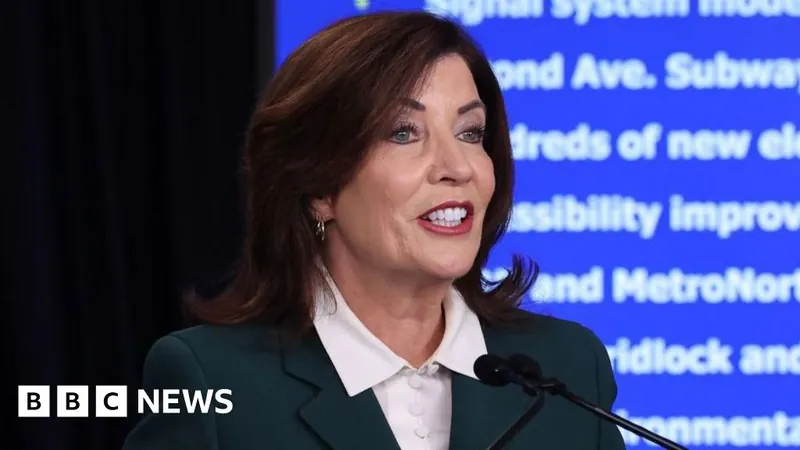


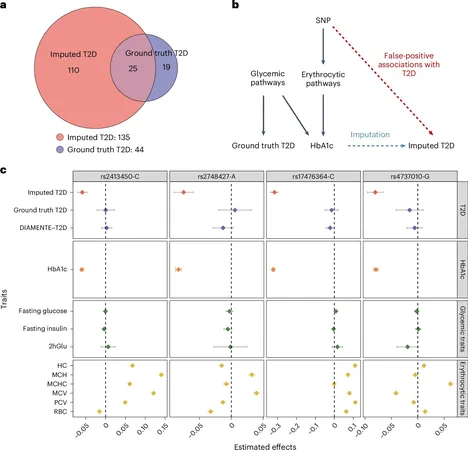
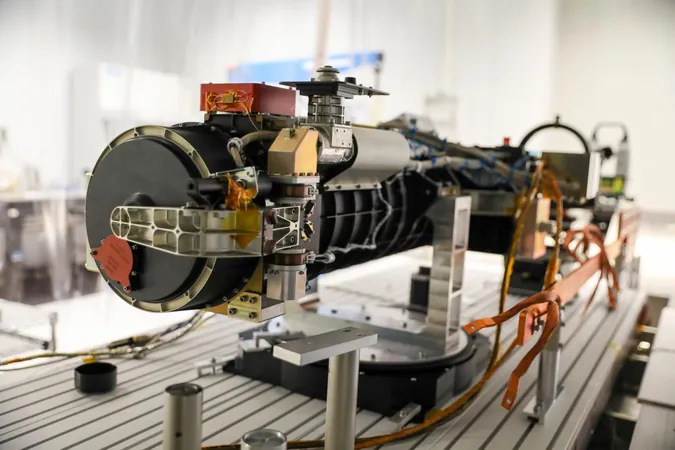

 Brasil (PT)
Brasil (PT)
 Canada (EN)
Canada (EN)
 Chile (ES)
Chile (ES)
 España (ES)
España (ES)
 France (FR)
France (FR)
 Hong Kong (EN)
Hong Kong (EN)
 Italia (IT)
Italia (IT)
 日本 (JA)
日本 (JA)
 Magyarország (HU)
Magyarország (HU)
 Norge (NO)
Norge (NO)
 Polska (PL)
Polska (PL)
 Schweiz (DE)
Schweiz (DE)
 Singapore (EN)
Singapore (EN)
 Sverige (SV)
Sverige (SV)
 Suomi (FI)
Suomi (FI)
 Türkiye (TR)
Türkiye (TR)